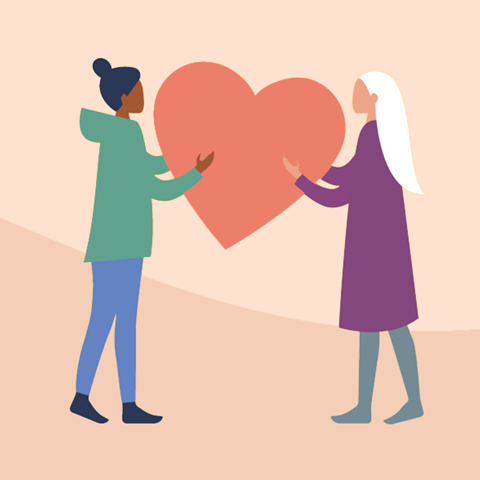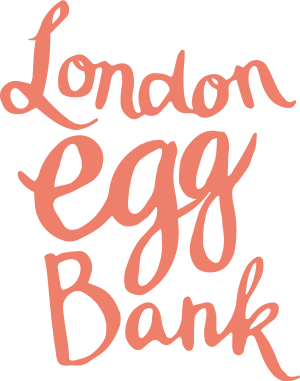As with all fertility questions, there’s no black and white answer about the perfect time to freeze eggs. Lifestyle and genetic factors should be considered, as well as current legislation about egg storage and when you might use the eggs that you freeze
A woman’s most fertile years are between the ages of 18 and 29. After 30, fertility starts to decline, with a sharper drop at around 35 - and by the early 40s both the number and the quality of eggs decrease.
Just how quickly fertility declines is dependent on a number of genetic and lifestyle factors, including weight, exercise, stress, environment and medications, but generally you can be sure that egg quality and quantity will decline with advancing age.
The question of the best age to freeze eggs is also affected by local legislation and expectations about when they are likely to be used for pregnancy.
The sooner the better?
From an age perspective, the earlier you freeze your eggs the better. Indeed, more than any other factor ovarian reserve and egg quality is determined by age.
Freezing eggs before the age of 30 will probably provide the highest number of healthy eggs, with a slightly smaller number if between the ages of 30 and 35 and a much smaller number over age 35.
There is currently a 55-year maximum storage limit for eggs in the UK, which provides more options for the future.
Now it's become easier to balance the considerations of egg quality and when they might be needed in the future. We would recommend an optimum age range in the UK of between 25 and 35.
“There is currently a 55-year maximum storage limit for eggs in the UK, which provides more options for the future."
What if I’m older than 35?
Egg freezing is viable for women over 35 but a larger number of eggs might be necessary to offer the best chance of pregnancy at a later date.
Freezing eggs at a time when fertility is already in decline, may affect their quality or number. To compensate for this, more than one collection cycle may be necessary to provide the larger number of eggs needed.
Once frozen, the eggs retain their quality and no longer age, ready for use whenever you’re ready.
We would not recommend egg freezing to women over 40, but instead, advise consideration of donor eggs as a way to start a family.
While your age at the time of egg freezing is recognised as the key factor for later success, there are other things to consider which may be unique to your own situation. At London Egg Bank we offer a friendly personalised service that looks at your specific circumstances and helps you make informed decisions about your future fertility.
You can find out more about your fertility by taking a fertility health check. We’ll help you to work out a plan of action and help support your choices about your future fertility.
Read More about Egg Freezing

Why the best time to freeze your eggs is before your 30s
Women’s fertility declines more rapidly after 30, so it’s a good idea to start thinking about freezing eggs earlier to give you the best chance of a successful later pregnancy.
Why Do Women Freeze and Share Their Eggs?
We carried out a survey to examine the motivations of women who were part of the 'Freeze and Share' programme and assess the extent to which altruism plays a role in their decision.
